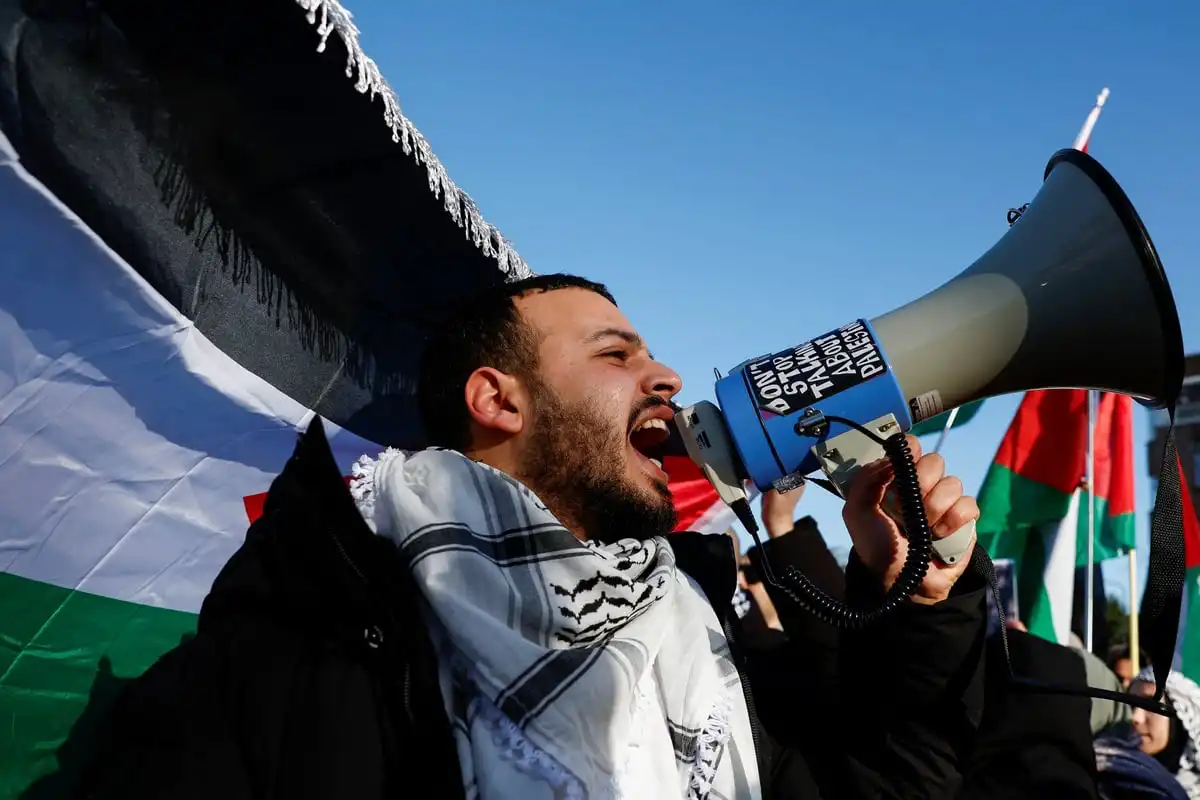Key takeaways from ICJ ruling in Israel genocide case
ICJ rules in favor of Palestine, orders Israel to prevent genocide in Gaza. Israel vows to defend itself. South Africa supports ruling.
The International Court of Justice (ICJ) has the final say on its decisions, but lacks the means to enforce them. The 1948 Genocide Convention, established after the mass killing of Jews in the Nazi Holocaust, defines genocide as intentional acts aimed at destroying a national, ethnic, racial, or religious group, in whole or in part. These acts include killing, causing serious harm, and imposing conditions of life intended to bring about the group's destruction.
Israel's Prime Minister, Benjamin Netanyahu, vehemently denied the charge of genocide against Israel, asserting its unwavering commitment to international law. Defense Minister Yoav Gallant expressed dismay at the ICJ's decision not to reject South Africa's petition outright, while National Security Minister Itamar Ben-Gvir made a dismissive remark on social media.
Palestinians welcomed the ICJ's ruling, with Foreign Minister Riyad al-Maliki praising the judges for ruling in favor of humanity and international law. Senior Hamas official Sami Abu Zuhri stated that the ruling would help isolate Israel on the world stage.
South Africa, a long-time supporter of the Palestinian cause, celebrated the ICJ ruling. President Cyril Ramaphosa urged Israel to comply with the ruling to prevent genocide against the people of Gaza.











Comments on Key takeaways from ICJ ruling in Israel genocide case